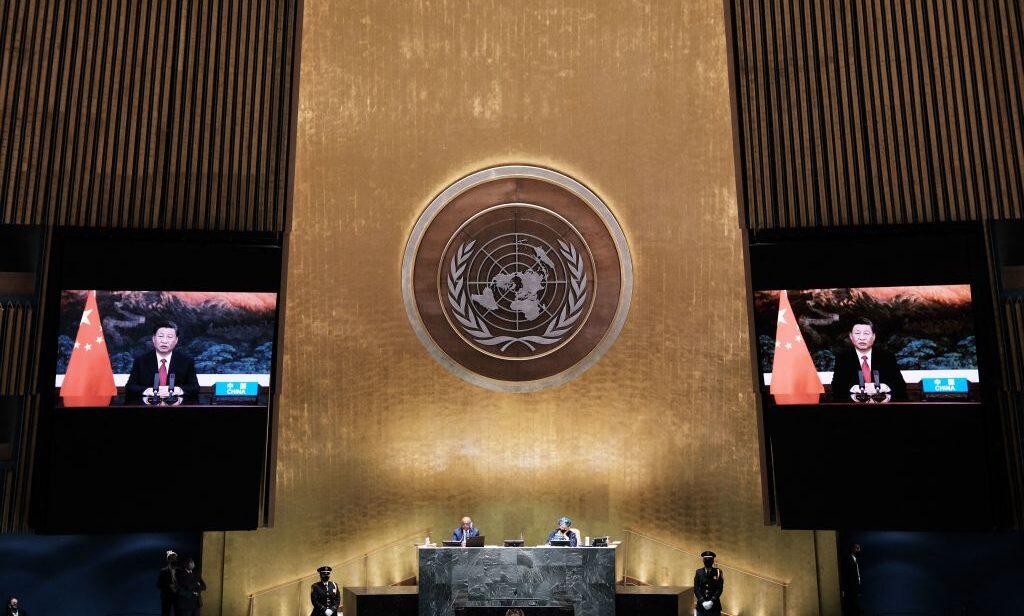China’s manipulation of United Nations (U.N.) institutions, platforms, and practices for its foreign policy objectives in recent years has increasingly come into the spotlight. Experts have also been concerned that until the United States redraws its policy goals at the U.N. and asserts its leadership, China will increasingly violate, modify, and control it in its pursuit of global hegemony.
“It’s very interesting that China seems to have gamed the system in its favor,” Harsh Pant, head of the Strategic Studies Programme at the Observer Research Foundation, told The Epoch Times. “And the way it has projected itself, that despite being the biggest disrupter to the multilateral order, it has emerged, for the large part of the world that looks, like it’s a supporter of multilateralism.”





